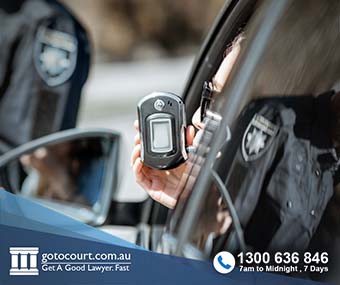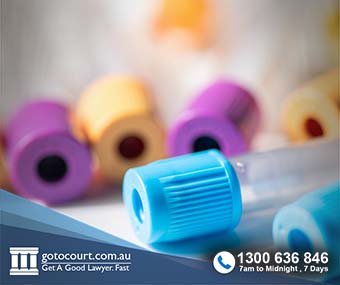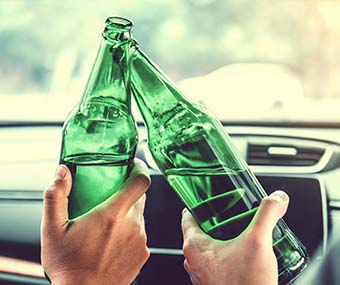Call our lawyers
now
or,
have our lawyers
call you
Refusing a Blood Test in the Northern Territory
Updated on Dec 12, 2022 • 3 min read • 177 views • Copy Link
Refusing a Blood Test in the Northern Territory
The police in the Northern Territory have the power to test drivers to determine whether they have alcohol or drugs in their body. In some circumstances, a police officer may request that in addition to a breath or saliva test, a blood sample is provided. Refusing a blood test without a valid reason is an offence under the Traffic Act 1987 Northern Territory. This article deals with the offence of refusing a blood test in the NT.
When can police require a blood sample?
Under the Northern Territory legislation, a police officer has the power to request any driver to provide a breath or saliva test. In addition if a police officer believes that you are under the influence of drugs and/or alcohol, you may be required to submit a blood sample for testing purposes.
In the event a blood sample is required, the police officer must make arrangements for the alleged offender to be taken to a hospital or other health care facility. The blood sample must be taken within four hours of the alleged incident.
Offence of refusing a blood test
Under section 29AAH of the Northern Territory Traffic Act, it is an offence to refuse or fail to provide a blood sample.
The penalty for a first offence is a fine of up to 10 penalty units or imprisonment for up to 12 months.
The penalty for a second or subsequent offence is a fine of up to 20 penalty units to imprisonment for up to 12 months.
Disqualification from driving
In addition to the above penalties, a first time offender will be disqualified from driving for a period of at least 12 months. For any subsequent offences, the driver will be disqualified from driving for a period of at least 18 months.
An offence will be dealt as a second offence if the driver has previously been found guilty of one of the following offences;
- Driving with a confirmed breath or blood alcohol reading.
- Driving under the influence of drugs and/or alcohol.
- Failing to provide a breath sample.
- Failing to provide a blood sample.
Alcohol ignition lock
If a person is disqualified from driving for a second time within a five year period, they will be permitted to drive only with an AIL (Alcohol Ignition Locking) licence for at least 12 months after the disqualification period has ended before applying for a standard licence. An AIL licence requires that a person’s vehicle be fitted with an alcohol ignition locking system, which ensures the vehicle does not start if there is alcohol present in the driver’s system.
Refusing a blood test defences
A person who is charged with refusing a blood test in the NT can rely on the legal defence that it would have been detrimental to their medical condition for a blood sample to have been provided at the time the request was made.
A person can also rely on the broader defence that there were reasonable grounds for failing to provide a blood sample at the time of the request.
Blood samples as evidence
A blood sample may be used as evidence that the person committed an offence.
If the blood sample was not taken in accordance with the rules set out in the legislation, however, it may be found to be inadmissible as evidence.
If you require legal advice or representation in any legal matter, please contact Go To Court Lawyers.

Affordable Lawyers
Our Go To Court Lawyers will assist you in all areas of law. We specialise in providing legal advice urgently – at the time when you need it most. If you need a lawyer right now, today, we can help you – no matter where you are in Australia.How It Works







1. You speak directly to a lawyer
When you call the Go To Court Legal Hotline, you will be connected directly to a lawyer, every time.


2. Get your legal situation assessed
We determine the best way forward in your legal matter, free of charge. If you want to go ahead and book a face-to-face appointment, we will connect you with a specialist in your local area.


3. We arrange everything as needed
If you want to go ahead and book a fact-to-face appointment, we will connect you with a specialist in your local area no matter where you are and even at very short notice.









